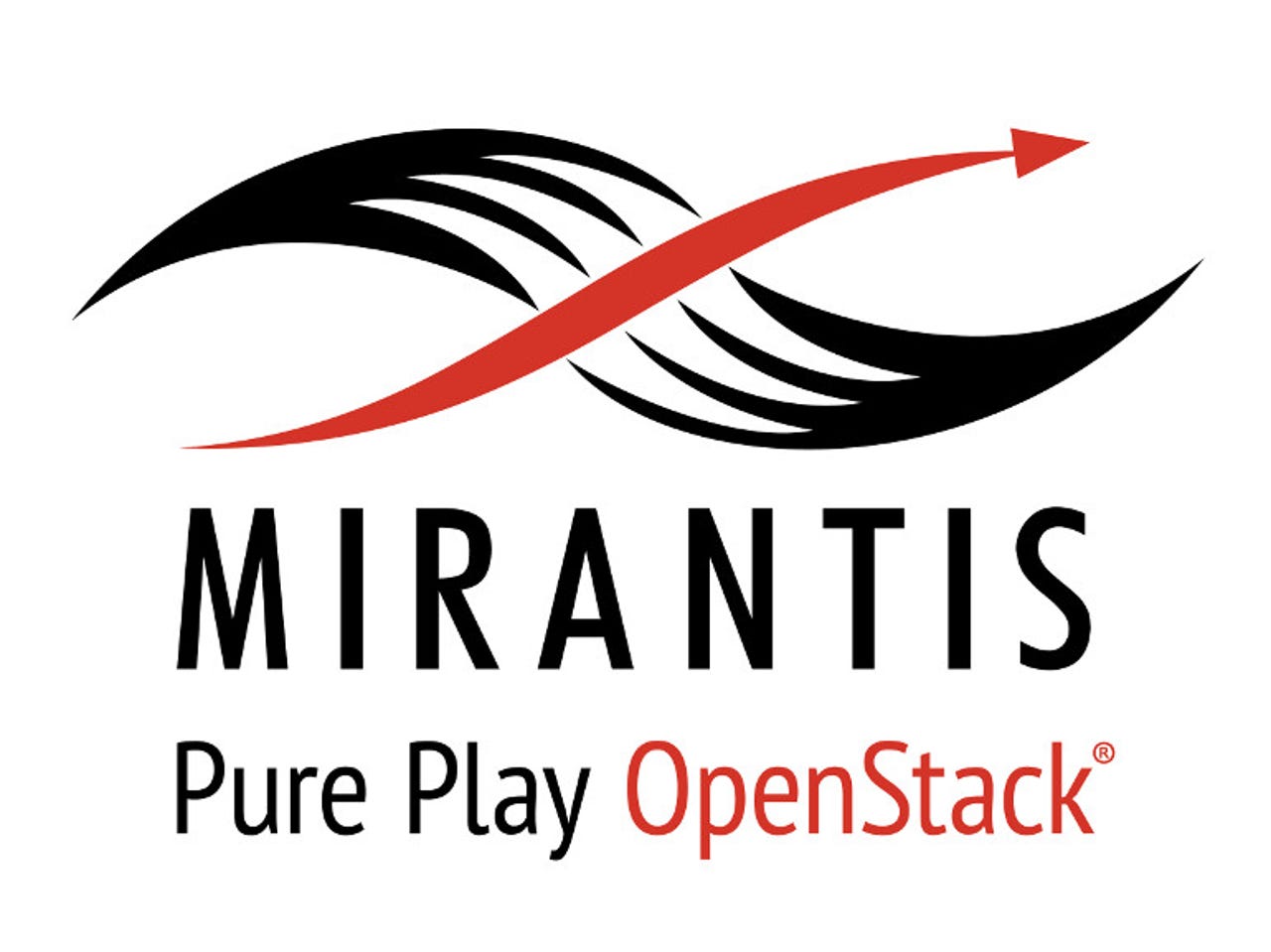Mirantis OpenStack: The good news and the bad news

The good news? Mirantis, a pure-play OpenStack company has inked a deal with NTT, the third largest telecom company in the world. The bad? The company confirmed rumors at OpenStack Summit that they'd laid off some engineers.

Mirantis is both getting new business: Yea! And, laying off engineers: Boo!
First, more on the positive news. Mirantis and NTT will offer fully managed private OpenStack as a service in NTT Com Enterprise Cloud and its data center services across the globe. Specifically, NTT will offer Mirantis Managed OpenStack on NTT Com Enterprise Cloud's Metal-as-a-Service.
Cloud
This is a managed private cloud offering. It comes with 24x7 operations and an up to 99.99% uptime Service Level Agreement (SLA). This will work with NTT Com's Enterprise Cloud, which leverages OpenStack in its core design.
"OpenStack is an essential component of tomorrow's private cloud architectures, and Mirantis has industry-leading technology and processes in its OpenStack software and services, enabling them to manage OpenStack infrastructure as code," said NTT Com VP of cloud services, Hideki Kurihara, in a statement. "Our technical and go-to-market collaboration will enable a true experience of operationalized OpenStack, delivered as a service globally."
"With direct presence in 87 countries and regions, NTT commands the largest data center footprint in the world," added Mirantis CMO and co-founder, Boris Renski. "Through this partnership we'll be able to deliver instant-on, hands-off managed cloud experience for our global customers with compelling economics."
Now for the bad news. Renski confirmed, "Post acquisition of TCP Cloud [a Kubernetes deployment company] we went through restructuring and, indeed, have chosen to wind down a number of engineering investments that we didn't feel were aligned with our focus of delivering an operations-centric OpenStack distribution through a build-operate-transfer model. As a result, some engineers were moved to different groups while some others have been let go. We went through the whole exercise super-fast and probably could have handled internal communications better; guess some of this is now floating out as negative and exaggerated rumors."
For the former employees there is also one bit of good news. Almost every company at OpenStack Summit is looking for OpenStack engineers. These good people won't stay unemployed for long.
Related Stories: